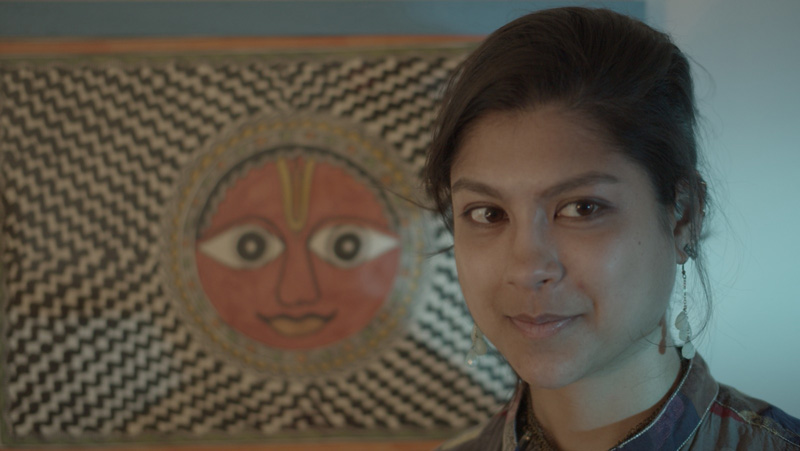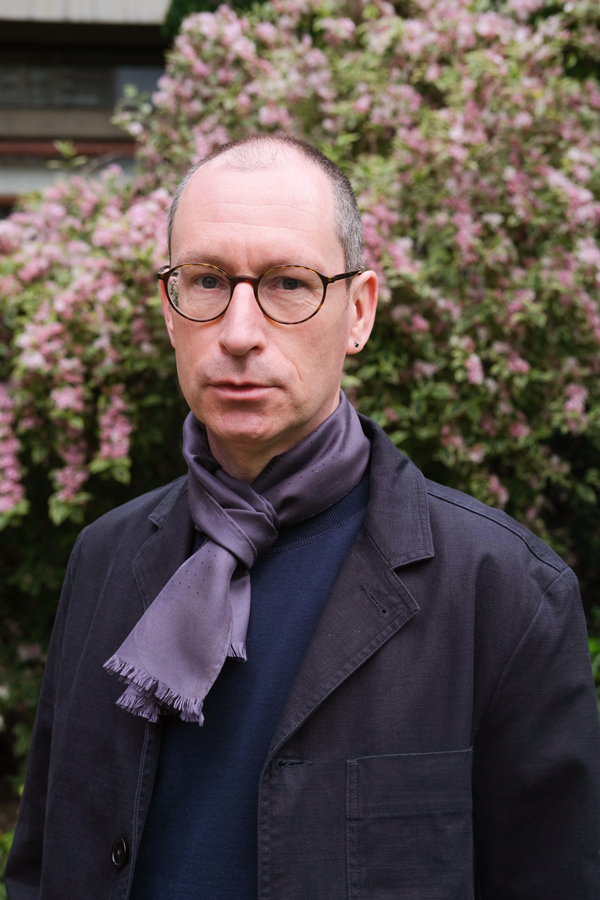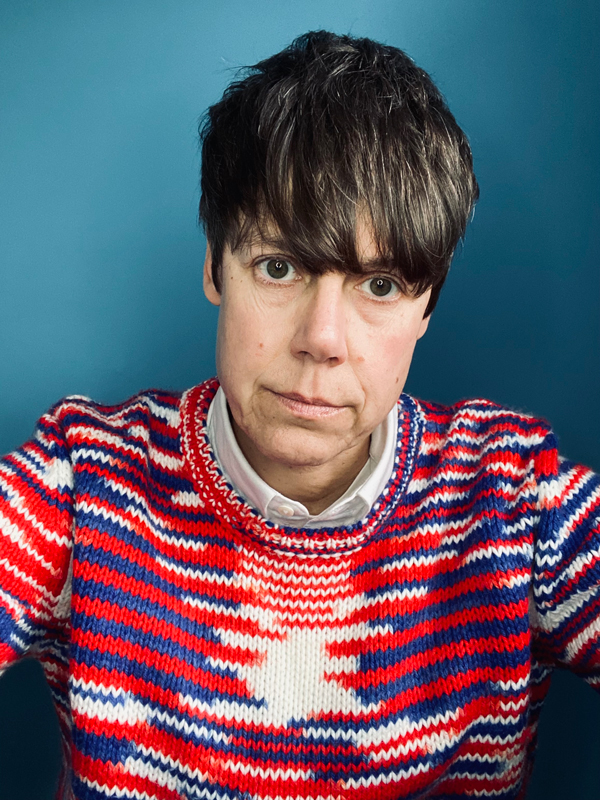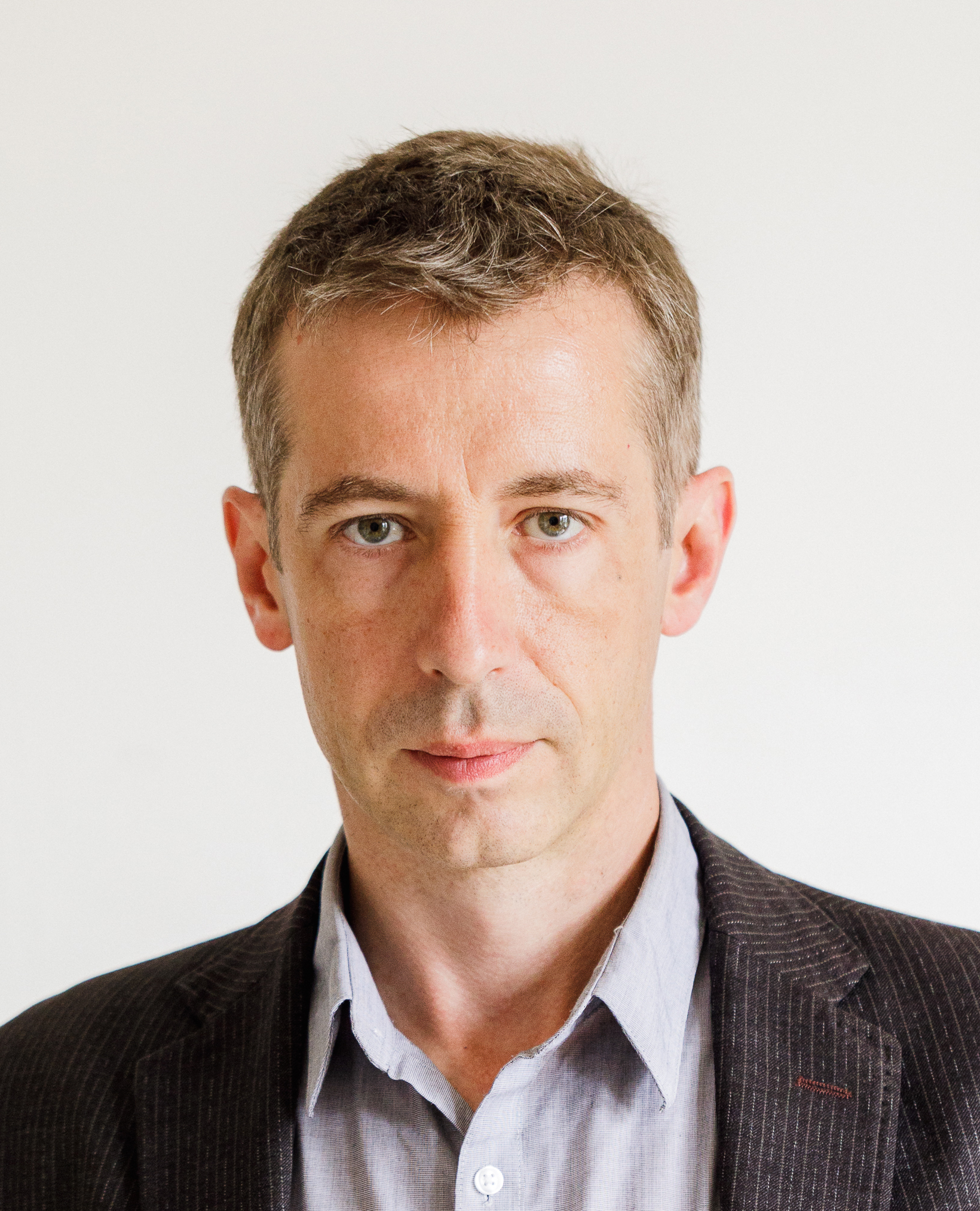Study options
- Starting in
- September 2025
- Location
- Mile End
- Fees
- Home: £12,250
Overseas: £25,500
EU/EEA/Swiss students
What you'll study
The MA is made up of five modules. Two of these, in the first and second semesters, are devoted to Creative and Critical Writing. We will explore what it means to take a critical, self-aware approach to your writing, the overlap between creative and critical work, and how these topics can be thought about or demonstrated in fiction, poetry, nonfiction and performance. These modules are taught by staff across the Creative Writing team, and we will also invite other prominent writers to deliver seminars and workshops.
Alongside this central module, you will take a module on the role of research in creative writing, and another on working collaboratively: here you will have the opportunity to work with staff and other students to produce public-facing work. Starting in the third semester you will work with an individual supervisor to plan and write your Dissertation: a piece of self-directed work that is the most substantial outcome of your MA.
Our London location means you’ll also have the wealth of London’s literary culture on your doorstep: our MA makes the most of this advantage, ensuring you explore the city’s galleries, libraries and other cultural institutions.
Structure
Overview
- Five assessed modules
- A 15,000-word dissertation
Compulsory Modules for Full Time Study
- Creative and Critical Writing 1
- Creative and Critical Writing 2
- Writing From Research
- Collaborative Practices
- Creative Writing Dissertation
Part-Time Study Breakdown
Year 1
- Creative and Critical Writing 1
- Creative and Critical Writing 2
Year 2
- Writing From Research
- Collaborative Practices
- Creative Writing Dissertation
Download our latest module information
Compulsory/Core modules
This compulsory module for the MA in Creative Writing explores such writing across multiple literary forms, including nonfiction, fiction, poetry, and dramatic and visual writing. The module focuses on the ways in which the co-mingling of criticism and creative forms can produce new expressive and epistemological modes and genres. It introduces students to theoretical, methodological, and practical frameworks for understanding and producing creative and critical texts, and texts operating at the intersection of multiple disciplinary fields. It will combine seminar-style discussion and writing workshops.
This compulsory module for the MA in Creative Writing explores such writing across multiple literary forms, including nonfiction, fiction, poetry, and dramatic and visual writing. The module focuses on the ways in which the co-mingling of criticism and creative forms can produce new expressive and epistemological modes and genres. It introduces students to theoretical, methodological, and practical frameworks for understanding and producing creative and critical texts, and texts operating at the intersection of multiple disciplinary fields. It will combine seminar-style discussion and writing workshops.
This module offers students a range of approaches to the application of research in creative practice, including speculative research as a prompt to creative practice; psychogeographic exploration; direct observation of procedure and expertise; reflective journals examining personal experience; and historical and cultural investigation to inform questions of style, form, structure and subject. Students will receive practical training in the use of archival and library resources, and in techniques of sourcing and recording real-world research, and seminars will examine key ethical questions around eliciting and gathering material, including critical exploration of current cultural debates concerning authenticity and appropriation.
This module invites you to consider collaborative practices as integral to creative and critical writing. Countering notions of writing as solitary pursuit, or individualistic, competitive enterprise within a literary marketplace, the materials and activities on this module will demonstrate how collaboration can enable, support, and expand writers¿ research and practice. Collaboration will be understood in a variety of contexts, including conversation, improvisation, co-writing, cross-genre and interdisciplinary composition, DIY publishing, and event organisation. You will read, view, and listen to a range of texts and artworks produced collaboratively; you will be introduced to and asked to invent processes for making work with others; you will be encouraged to reflect on the aesthetic, intellectual, and political challenges that emerge in these collaborative processes. While collaboration is key to this module, it¿s recognized that students¿ abilities and interests differ: an initial stage of allotting roles and responsibilities will address this, and the nature of individual students' contributions to group work may differ.
The MA Dissertation gives students the opportunity to pursue an independently conceived research and writing project. Working with the support of a supervisor, students will identify a form, or forms, in which they wish to work, conduct in-depth research into their chosen topics, and explore relevant and related creative and critical works. The dissertation will be presented in the form of a substantial piece of written work (maximum 15000 words). Students are encouraged to think carefully about their choice of forms and themes in advance, and to discuss these possibilities with members of academic staff. Formal project supervision typically begins in May for full-time students, and somewhat earlier for part-time students. Dissertation submission is usually scheduled for mid-August.
Assessment
- Critical and research essays
- Close-reading exercises and critical commentaries
- Written exercises (e.g. blog posts, blurbs, walking journals, creative non-fiction, reviews, imitations, bibliographical exercises)
- Translation exercises
- Presentations (group and individual), posters
- Portfolios (written and e-portfolios), log books and learning journals
- Performance projects (group and individual)
- Multi-media (e.g. podcasts, annotated videos, websites)
- Dissertation
Dissertation
In the second semester, students will be asked to submit draft dissertation proposals; at least one seminar/workshop will be set aside for group discussion of these drafts, and a final proposal will be required by the beginning of Semester 3.
Students will then work with an assigned supervisor to plan and complete an independent creative project or dissertation. The dissertation could be approached in any of the following ways: 15,000 words of hybrid creative-critical work; at least 10,000 words of creative work plus up to 5,000 words of critical work (which could be a self-reflexive essay on their creative and critical practice, or a research project related to the student's creative work); a single 15,000-word project that incorporates its critical component in a creative work.
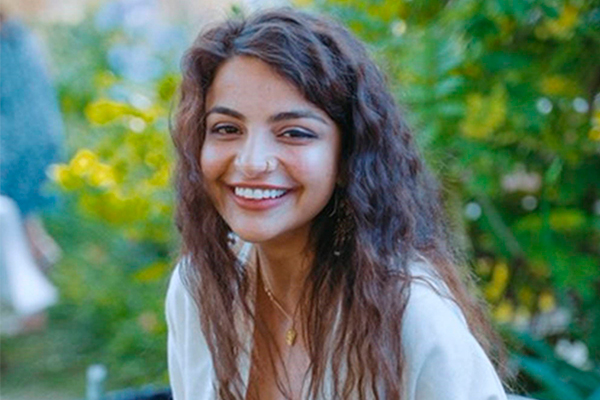
—“My experience of the Creative Writing modules was of profound growth. The lecturers really invested in the development and success of my writing. Each piece I produced was knowledgeably, usefully and warmly critiqued.”
Numertha Geisinger, Student on MA Creative Writing module, MA English Literature 2021
Teaching
Teaching takes a number of forms:
- Seminars, involving a variety of forms of group work
- Creative writing workshops
- Screenings
- Small-group tutorials (normally with advisor)
- Presentations by and discussions with visiting artists and writers
- Field trips, performance and gallery visits
- Individual guidance and feedback on written work (where requested)
- Group discussion of written and practical work
- Individual supervision of dissertations/Research Projects
- Writing retreats, workshops and student-led review sessions.
Where you'll learn
Facilities
- Our Graduate Centre: purpose-built study spaces and a roof-top common room with a terrace
- Access to Queen Mary's libraries on all our campuses
- Access to a wide range of online resources (including journals, books, databases and media)
- University of London’s libraries, including Senate House
Campus
We are based in central London at Mile End with good access to London's creative writing scene.
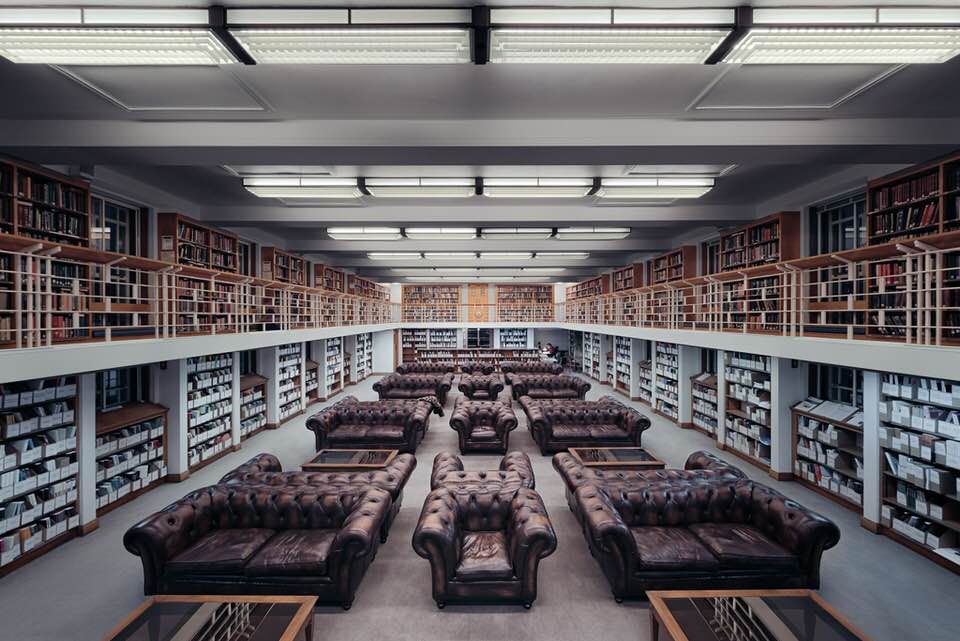
About the School
School of the Arts
The School of the Arts combines innovation, discovery and excellence in education and research in Drama, Film, Modern Languages, English & Comparative Literature, Creative Writing, Linguistics and Liberal Arts. We rank in the top 100 worldwide for Arts and Humanities (QS World University Rankings by Subject 2024)
With our commitment to social justice, inclusivity and social mobility, our collaborations with external organisations, prominent writers and performers, and our facilities that support both academic and practice-based learning, an education in the School of the Arts equips our students with critical thinking and practical skills, unleashes their imagination and enables them to reach the levels of excellence needed in today’s industries.
We regularly host prominent writers and performers and collaborate with leading organisations such as the V&A, the Barbican, the Live Art Development Agency and Shakespeare’s Globe.
We are renowned for the depth and impact of research - which leads our teaching. We rank 1st for drama and in the top 10 for film in the UK for the quality of our research (REF2021). Our multilingual community brings together brilliant minds from across the world to share a wealth of expertise combining research excellence with an unrivalled commitment to social justice and social mobility.
Career paths
- Writing
- Publishing
- Creative Industries
The MA Creative Writing provides a grounding in research methodologies and practices for students who intended to progress to doctoral work, an enhanced understanding of the study of literature relevant to students who intended to follow a teaching career, and improved competence in transferable skills valued more generally in the market place, including the analysis of complex evidence, the oral and written presentation of arguments and information, and effective time-management. Employer feedback has particularly valued the research skills and high level of critical thinking acquired by graduates of similar MA programmes and the contribution these make to the problem-solving abilities required of those who work at senior levels in complex organizations.
Fees and funding
Full-time study
September 2025 | 1 year
- Home: £12,250
- Overseas: £25,500
EU/EEA/Swiss students
Unconditional deposit
Home: Not applicable
Overseas: £2000
Information about deposits
Part-time study
September 2025 | 2 years
- Home: £6,150
- Overseas: £12,750
EU/EEA/Swiss students
Unconditional deposit
Home: Not applicable
Overseas: £2000
Information about deposits
Queen Mary alumni can get a £1000, 10% or 20% discount on their fees depending on the programme of study. Find out more about the Alumni Loyalty Award
Funding
There are a number of ways you can fund your postgraduate degree.
- Scholarships and bursaries
- Postgraduate loans (UK students)
- Country-specific scholarships for international students
Our Advice and Counselling service offers specialist support on financial issues, which you can access as soon as you apply for a place at Queen Mary. Before you apply, you can access our funding guides and advice on managing your money:
Entry requirements
UK
Degree requirements
A 2:1 or above or above at undergraduate level in a humanities discipline such as English, History, Cultural Studies or Media Studies.
Applicants are required to submit a sample of creative writing (between 1,000 and 2,000 words). This sample may include fiction, non-fiction, poetry or unclassifiable/hybrid writing.
Other routes
Promising applicants who do not meet the formal academic criteria but who possess relevant credentials and who can demonstrate their potential to produce written work at Masters level will also be considered on an individual basis. As part of the admissions process we may interview candidates. Applications from mature and non-traditional candidates are welcomed.
Find out more about how to apply for our postgraduate taught courses.
International
English language requirements
The English language requirements for our programmes are indicated by English bands, and therefore the specific test and score acceptable is based on the band assigned to the academic department within which your chosen course of study is administered. Note that for some academic departments there are programmes with non-standard English language requirements.
The English Language requirements for entry to postgraduate taught and research programmes in the School of the Arts fall within the following English band:
Band 5: IELTS (Academic) minimum score 7.0 overall with 6.0 in each of Writing, Listening, Reading and Speaking
We accept a range of English tests and qualifications categorised in our English bands for you to demonstrate your level of English Language proficiency. See all accepted English tests that we deem equivalent to these IELTS scores.
Visas and immigration
Find out how to apply for a student visa.

